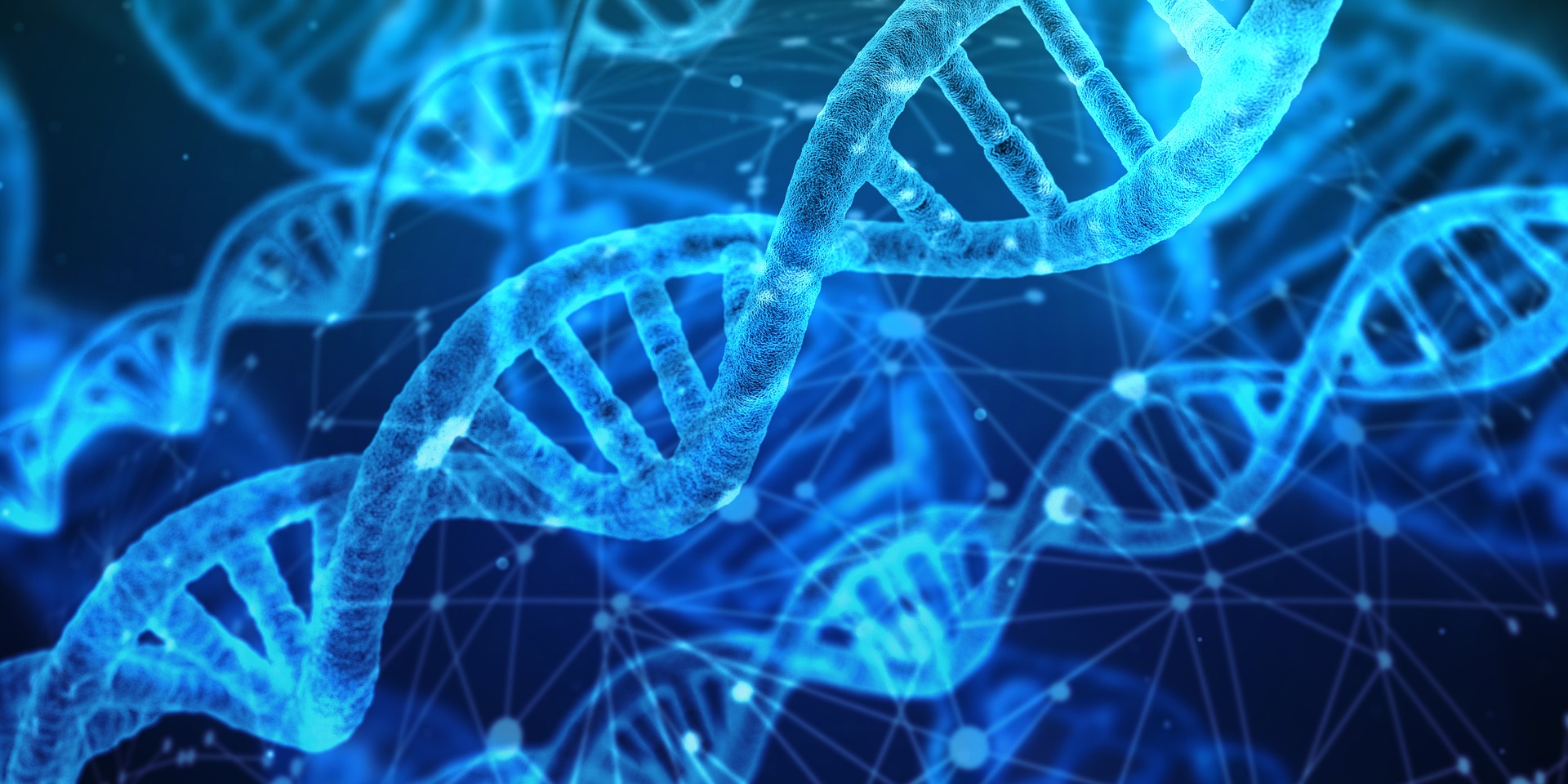Share this Page:
A recent paper published in the journal Nature Communications reports on the discovery that one of the most commonly mutated genes in kidney cancer, PBRM1, binds to the activated form of the p53 protein in a specific spot. Disruptions to that process can mutate PBRM1, causing it to lose its ability to hold back cancer.
Scientists at the Sidney Kimmel Cancer Centre made the discovery by testing tumour samples from mice and humans to determine how PBRM1 can act as a “reader” of the activated p53 protein, meaning it translates the p53 gene’s tumour-suppressing instructions. They discovered that the translation happens within a specific chemical marker known as an acetyl group and that tumour-derived mutations at one particular spot can disrupt that process.
Scientists at Sidney Kimmel are planning further studies to identify drugs or combination treatments that might be able to activate the p53 gene in kidney cancer patients with PBRM1 mutations.
Mutations in PBRM1 didn’t completely destroy the function of p53 and therefore are unlikely to be associated with high-grade or aggressive kidney tumours. That said, “a partially disabled p53 pathway may still be important for … tumour growth, and this could have therapeutic implications for modulating the p53 pathway to treat [kidney cancer] patients.”















